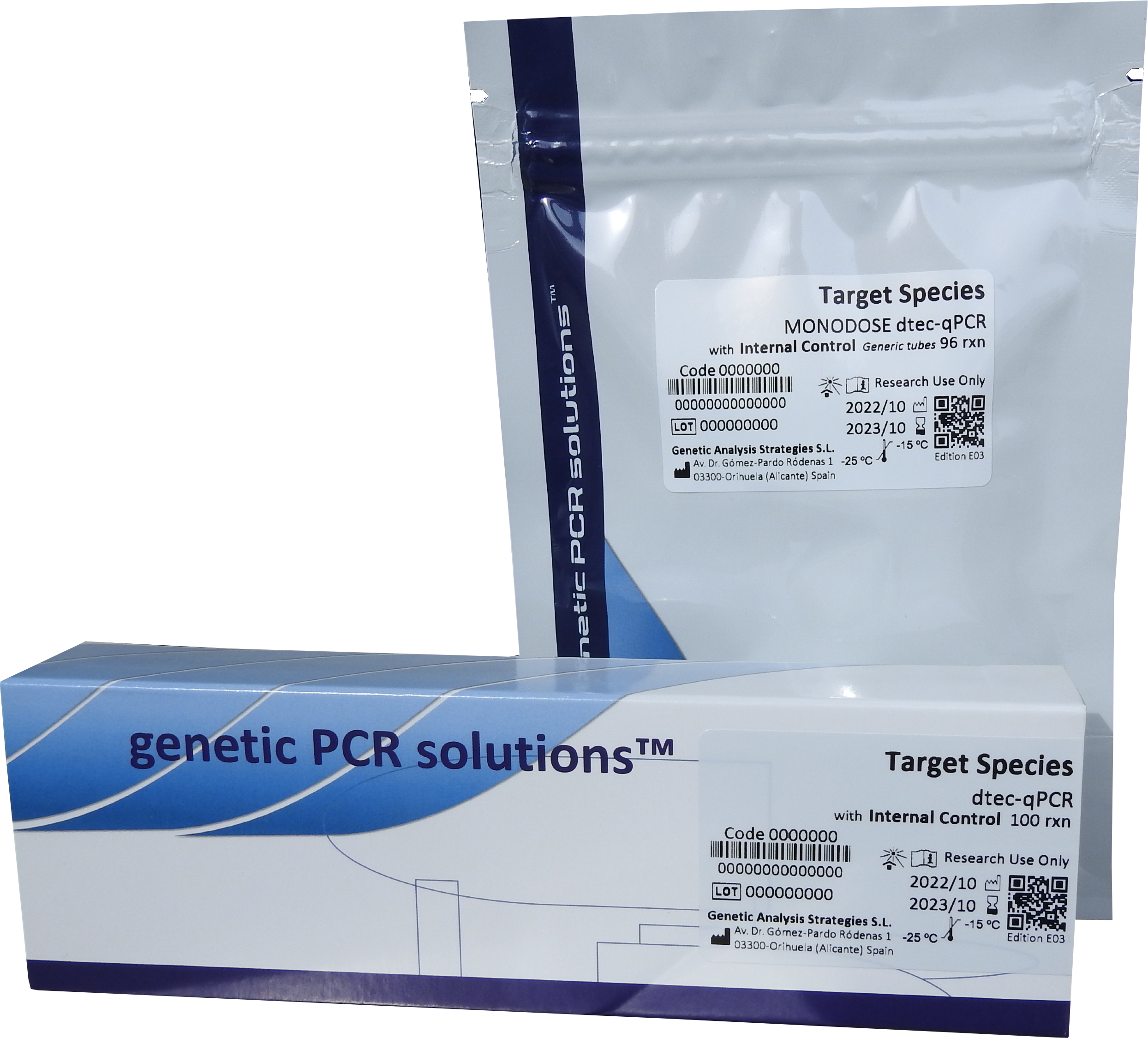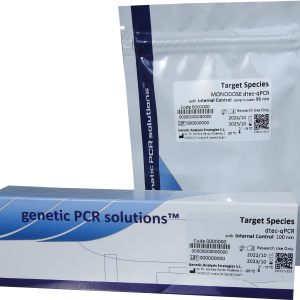Methicillin-resistant Staphylococcus aureus
Description
The MRSA dtec-qPCR comprises a series of species-specific targeted reagents designed for qPCR detection of Methicillin-resistant strains of the species Staphylococcus aureus (MRSA). Methicillin-resistant Staphylococcus aureus (MRSA) is abacterium responsible for several difficult-to-treatinfectionsin humans. It is also called multidrug-resistant Staphylococcus aureus and oxacillin-resistant Staphylococcus aureus (ORSA). MRSA is any strain of Staphylococcus aureus that has developed resistanceto β-lactam antibiotics, which include the penicillins (methicillin, dicloxacillin, nafcillin, oxacillin, etc.) and the cephalosporin’s. Theevolutionof such resistance does not cause the organism to be more intrinsically virulent than strains of Staphylococcus aureus that have no antibiotic resistance, but resistance does make MRSA infection more difficult to treat with standard types of antibiotics and thus more dangerous. Methicillin resistance arises by acquisition of a staphylococcal cassette chromosome SCCmec, and is conferred by the Methicillin resistance gene (MRG). Expression of this gene yields PBP2a, a penicillin binding protein with reduced affinity for β-lactam rings (the primary active-site of the β-lactam antibiotics). Earlier studies have underlined the important role of the enzymatic family FemXAB (factor sessential formethicillin resistance) in the formation of the pentaglycine bridges that stabilize peptidoglycan chains inS. aureus. The MRG test detects the gene responsible for antibiotic resistance. StaAur test detects a chromosomal gene specific of S. aureus.
GPS™ primers and probes are sold for research use only
All GPS™ Kits are available in F100 and MONODOSE Format
GPS™ reagents are compatible with all qPCR devices



